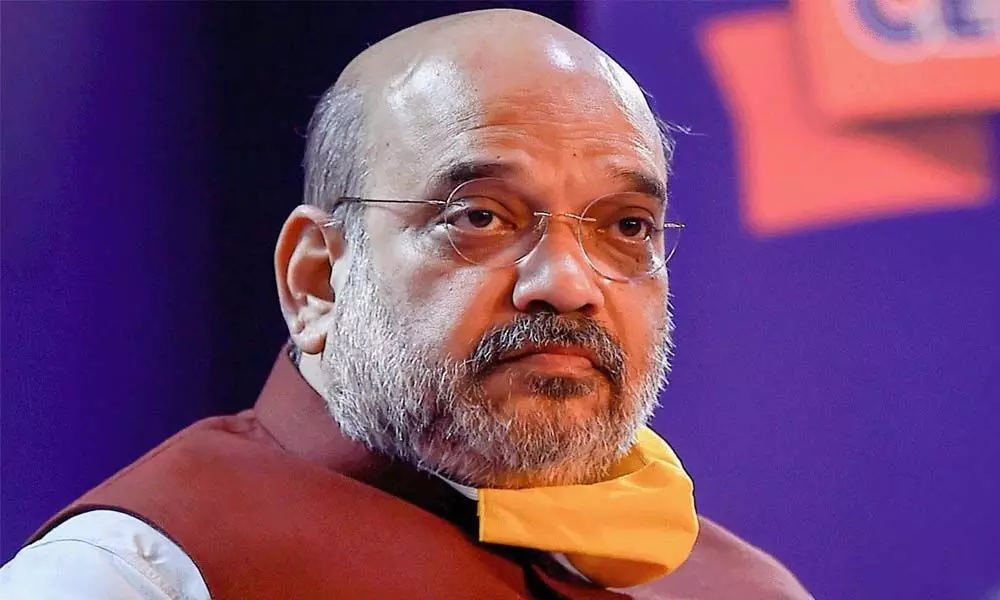All eyes on new Ministry of Cooperation
Whether Amit Shah-led new ministry ensures ‘aam admi’ is benefited
image for illustrative purpose

The newly formed ministry of co-operation will be closely watched as it is expected to chalk out guidelines soon that are expected to provide a conducive environment for more such organisations to come up and make the existing ones more efficient. The ministry, under the aegis of Home Minister Amit Shah, will essentially look into ways to expand the co-operative sector across all other segments to ensure that the 'aam admi' is benefited, sources said.
The focus is likely to be on ways in which co-operatives can access finances and technology. The ministry will also play a catalyst in modernising the sector.
The co-operative movement, which has traditionally been existent in India for decades, is yet to modernise and become more organised, they said. Besides, there is no of uniformity of rules guiding the co-operatives, which can either come under the ambit of state governments or central.
Co-operative organisations are owned by the grassroot people who are employed as well as those who use the services. Essentially, they have a common goal of creating wealth while ensuring equal distribution.
"The ministry will help in bringing the co-operative movement back in focus and it is time that this model of business is used to spur growth of the people down the line," an analyst said.
"For the first, the co-operative sector has been given due attention. The sector is key to economic development of India and we must look at it in a holistic manner to make it more robust and efficient," RS Sodhi, managing director Amul told India Narrative.
The dairy brand Amul, which is headquartered in Gujarat's Anand is a success story as far as the co-operative movement managed by the Gujarat Co-operative Milk Marketing Federation Ltd - goes but India has failed to multiply such co-operative brands.
Sodhi added that co-operatives in India are primarily restricted to the agriculture, housing or banking sectors. "Why can't we, for example, have cooperatives in other sectors such as restaurants or in case of taxi and other transport services, which are driven by brands such as Uber and Ola," Sodhi said. He also added that the cooperative movement is a growth driver for "Bharat" more than India.
The Amul chief also said that there are multiple co-operatives which exist in more than one state.
"There is a need to create a framework for co-operatives to expand across the country. The ministry will act as a nodal point and will help in ensuring equitable distribution of profits," he added.
Meanwhile, Shah has already held a meeting with the chiefs of several so-operatives including the National Cooperative Union of India, Indian Farmers Fertiliser Cooperative Limited (IFFCO) and Agricultural Cooperative Marketing Federation of India Ltd (NAFED).
A statement issued by the government said that the ministry will help deepen Co-operatives as a true people-based movement reaching upto the grassroots. The ministry will work to streamline processes for Ease of doing business' for co-operatives and enable development of Multi-State Co-operatives (MSCS).
A government official also said that while India presses the pedal on economy in the post Covid phase, efficient management of co-operatives in multiple sectors can boost income levels, especially for people in the grassroot level. However, much of this will depend on implementation.

